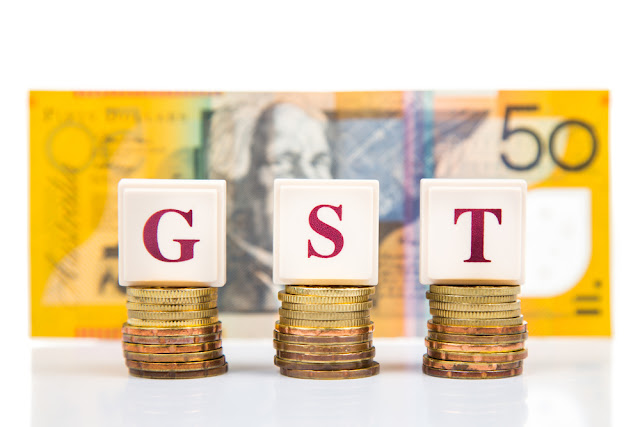In 1993 Opposition Leader, Dr John Hewson released his 650-page vision for Australia’s economic future. In the manifesto, Fightback, Dr Hewson detailed the
introduction of a 15 per cent GST and the reduction of other, more antiquated
taxes. As history went on to show, Dr Hewson lost the 1993 election, returning Prime
Minister Paul Keating to another term of Government.
In 2000 Prime Minister John Howard introduced the GST, at a
cost of 10 %, on a variety of items, with the exclusion of fresh food,
education and health. The fall out for the tax saw the Australian Democrats
lose faith with the Australian voters as they were perceived to have
back-flipped by supporting the new tax.
In a new report released by ACOSS on Wednesday November 4
2015, modelling from the National Centre for Social and Economic Modelling
(NATSEM) showed increasing the GST to 15 per cent and broadening the base on
which it is applied will leave low income households across the country worse
off.
“The NATSEM Modelling of an increase to 15 per cent on the
existing base of the GST or a broadening of the GST base to fresh food, health
and education confirms that either change would be regressive. Low and modest
income households would clearly pay a higher proportion of their income, in
comparison to higher income households through an increase in the GST, whether
by increasing the rate or broadening the base by removing exceptions,” ACOSS Chief Executive Officer, Dr Cassandra Goldie.
While the Federal Government is open to increasing the GST
and broadening its base, the Australian Financial Review reported on Tuesday
November 3 2015, that health and education would remain exempt. This does raise
the question of the impact of a 15 per cent increase on the weekly shopping
bill to low and modest households.
While GST has always been a political hot potato, the Opposition
has confirmed they would not try to repeal an increase to GST should the
Turnbull Government win another term, and the increase pass the senate. In
2001, Opposition Leader Kim Beazley lost the election to John Howard after
campaigning on an election promise to increase the exemptions for the current
GST.
When discussing tax reform it appears only GST is being
seriously considered, despite a range of tax breaks and cuts that could easily
be made that would help Australia’s economic bottom line. In an article in the
Australian Financial Review on Thursday, 5 November 2015 Dr Hewson addressed
the need for the Turnbull Government to address a range of taxation issues including;
negative gearing, capital gains taxes, and superannuation taxes.
Another area the Government should be seriously considering
is the so-called “Google Tax,” which see’s large multinational companies making
billions of dollars in Australia yet shipping it through countries such as
Singapore and paying only a small percentage of tax.
Whichever Government brings about tax reform in Australia,
it will take more than slogans and platitudes to get the message across. After
the introduction of the Carbon Tax, Tony Abbott ran a campaign focused on
repealing the tax and generally lowering taxes across the board. During the
2013 election, Mr Abbott said;
Scrapping the Carbon Tax “means every household will be $550
a year better off,” a statement that has since proved to be at best an
overstatement.
Taking tax reform to a National election requires real
leadership. The Australian Taxation System has been in trouble for quite some
time and stop-gap measures and patches are no longer appropriate for the nations long-term economic health.
“The political reality is that there will be pluses and
minuses, and winners and losers, “Dr Hewson wrote in the Australian Financial Review.
“It is not a situation to be avoided, but managed and explained. It calls for
leadership. The tax system can’t be patched up any more – it needs a
fundamental restructure.”
Whether or not the good will generated by the replacement of
Tony Abbott by Prime Minister Malcolm Turnbull will allow the electorate to
listen to the need for tax reform to fix Australia’s economic issues is yet to
be seen.
As Prime Minister Turnbull said on November 5 2015, “fairness
has to be central to tax reform."
To create a truly fair taxation system in
Australia a new, modern taxation system needs to be developed with the
long-term economic vision clearly explained to the people of Australia at the
next election. Avoiding slogans and fear campaigns on both sides of Parliament
is the only way for a truly mature discussion about the nation’s economic future.
Mike Cullen has recently returned to Akolade after a period as the
conference producer for one of Australia's leading economic think tanks. Mike
began working in the conference industry in 2007 after looking for a career
change from the high pressured world of inbound customer service. Mike has
worked for some of the most well known conference and media companies in the
B2B space and in his spare time is working on his first novel in a planned Epic
Fantasy trilogy.






No comments :
Post a Comment